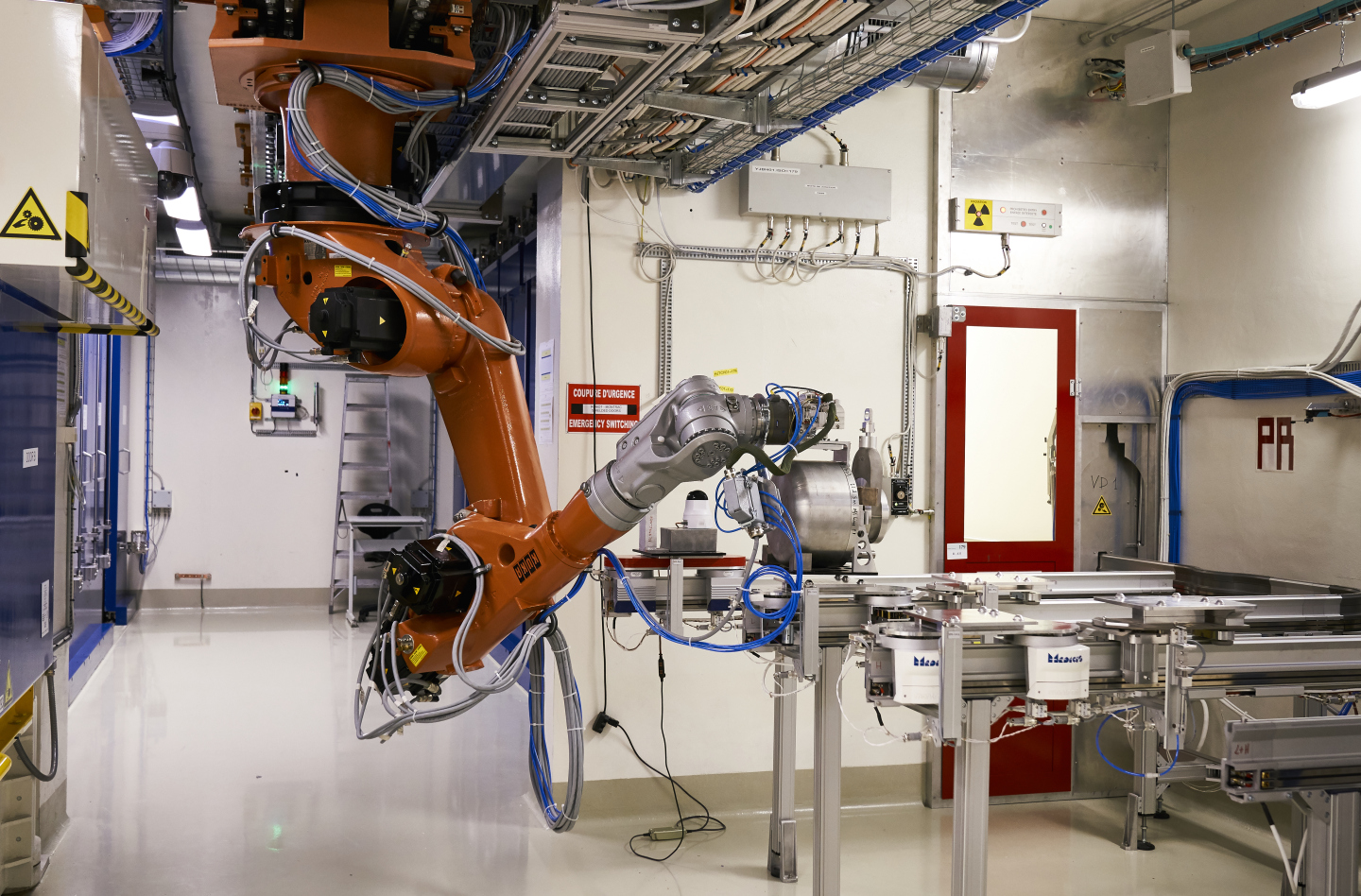
Earlier in the year, CERN Council approved an extension to the MEDICIS platform. MEDICIS, a collaborative project between 19 partner institutions, and based at CERN, is using proton beams from the Proton Synchrotron Booster and advanced mass-separation technologies to produce innovative medical radionuclides for biomedical research. This new generation of radioisotopes will have potential applications in precision medicine and theragnostics.
In the words of Mike Lamont, CERN Director for Accelerators and Technology, "MEDICIS is helping to address the global shortfall in medical isotopes through close collaboration with the biomedical community".
Since 2018, the project has already successfully produced several radionuclides, including:
- Actinium-225 (pivotal for targeted alpha therapy),
- Ultra-pure Samarium-153 (enabling more effective and cleaner cancer therapies)
- Tm/Er-165 (for molecular imaging and therapy research).
And it has played a leading role in the launch of PRISMAP – a European Union medical programme which provides immediate access to novel radionuclides and facilities where they can be readily used to support research across Europe and beyond.
In the coming years, the project aims to scale clinical-grade radionuclide production to facilitate the transition from research to experimental clinical applications and to continue developing next-generation theranostic radionuclides, while exploring novel radionuclides for more targeted and less damaging therapies.
If you would like to support the project, please consider making a donation through the CERN & Society Foundation here.